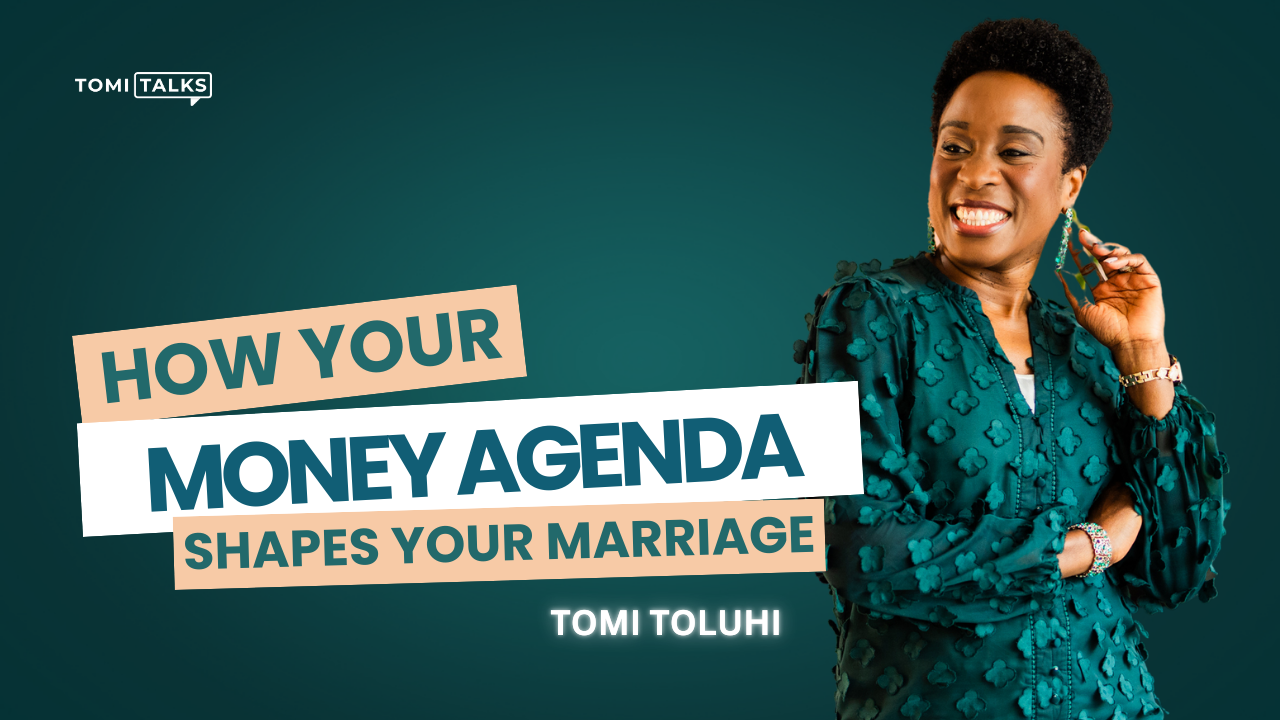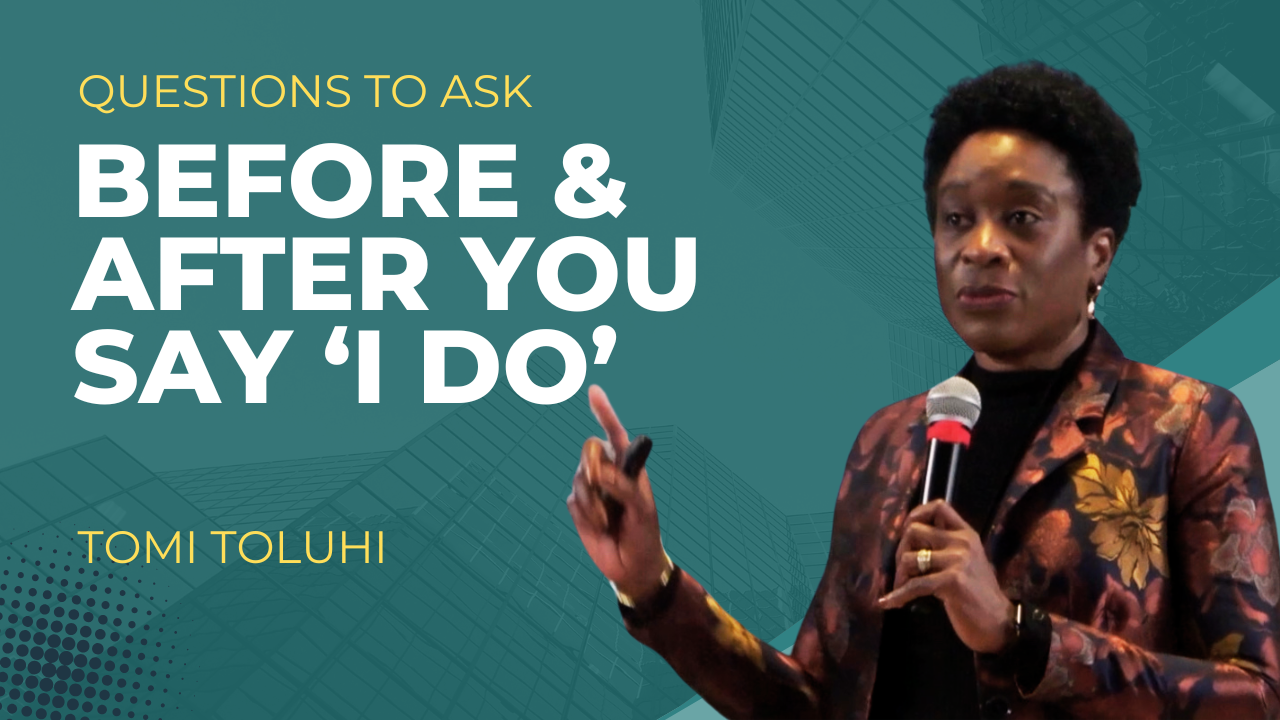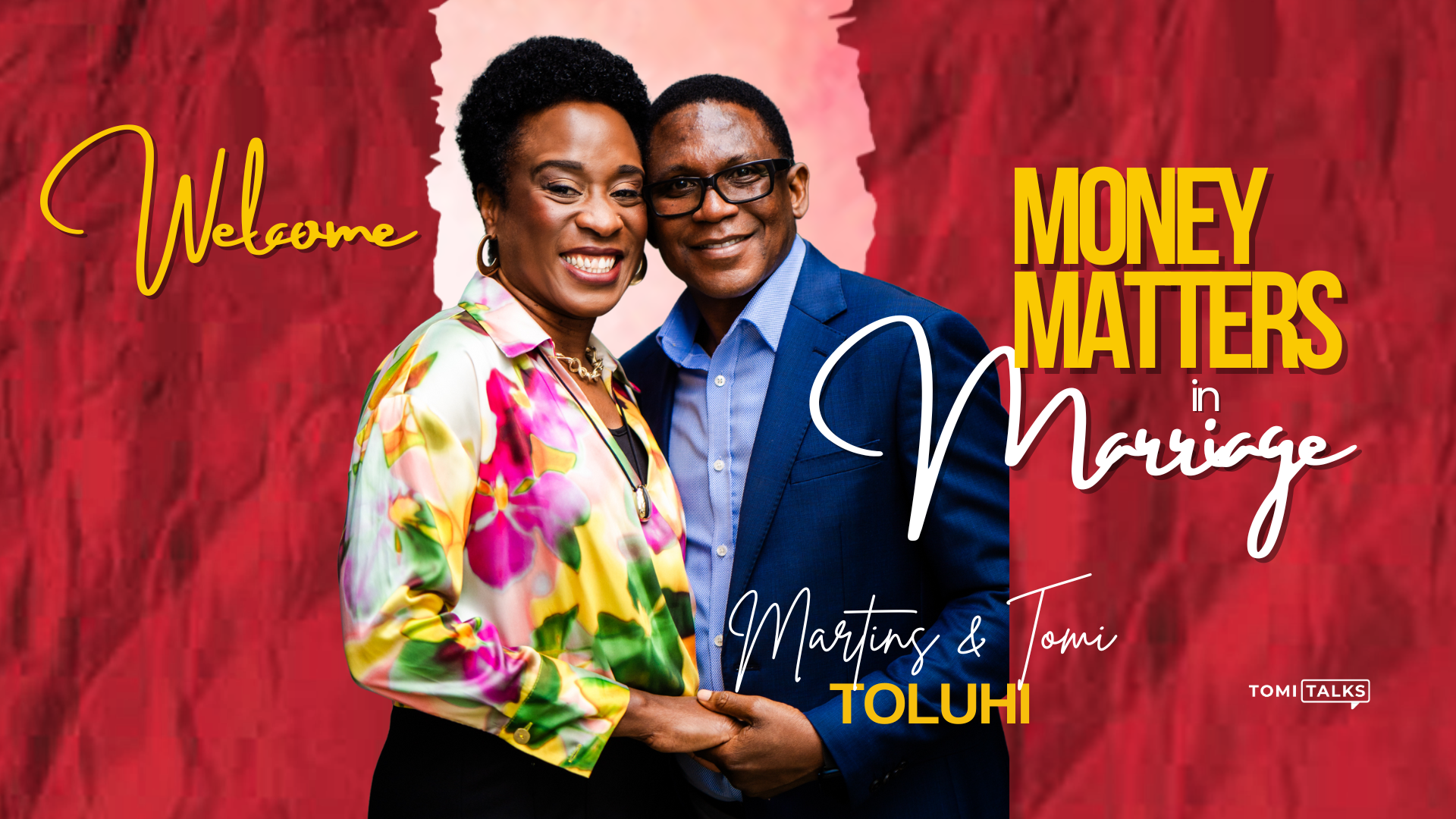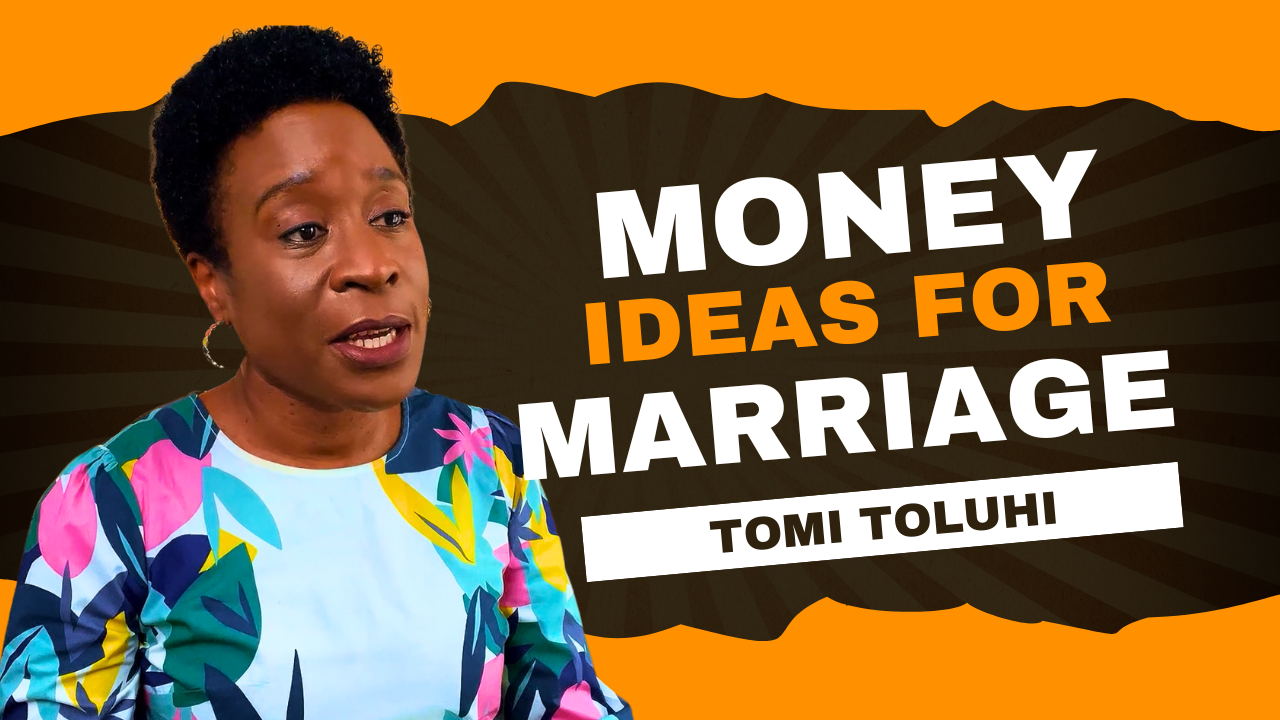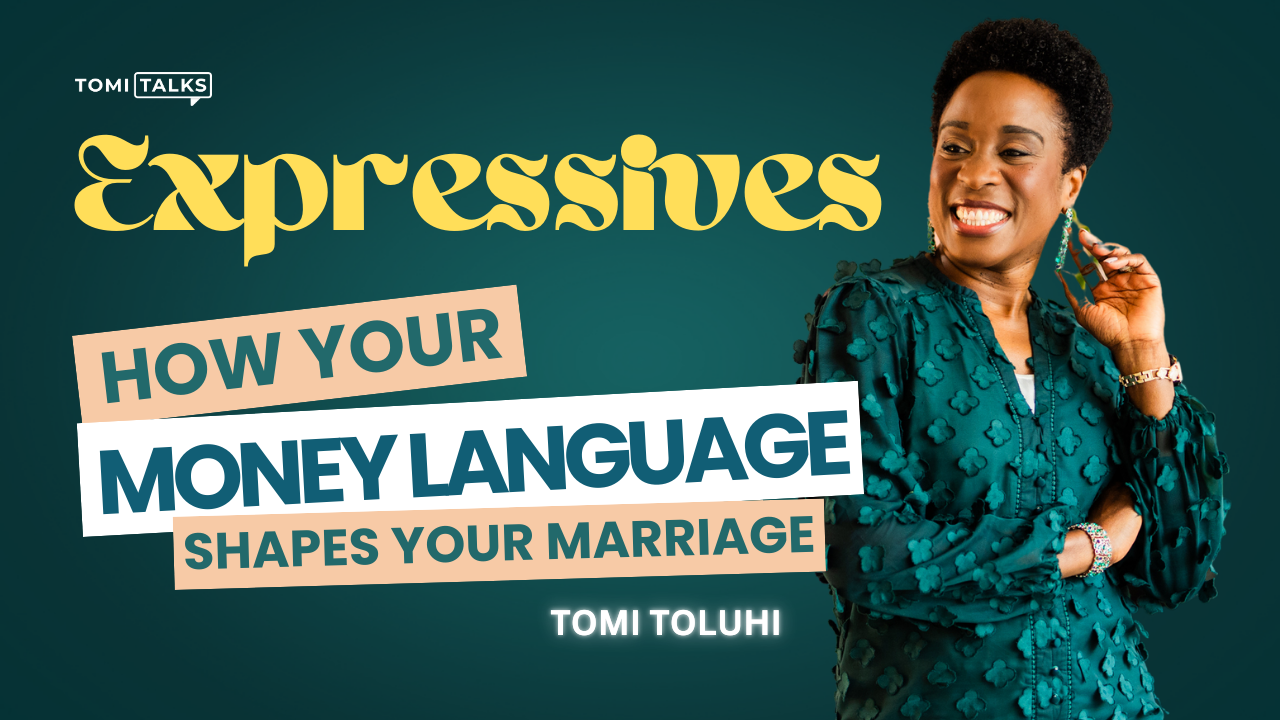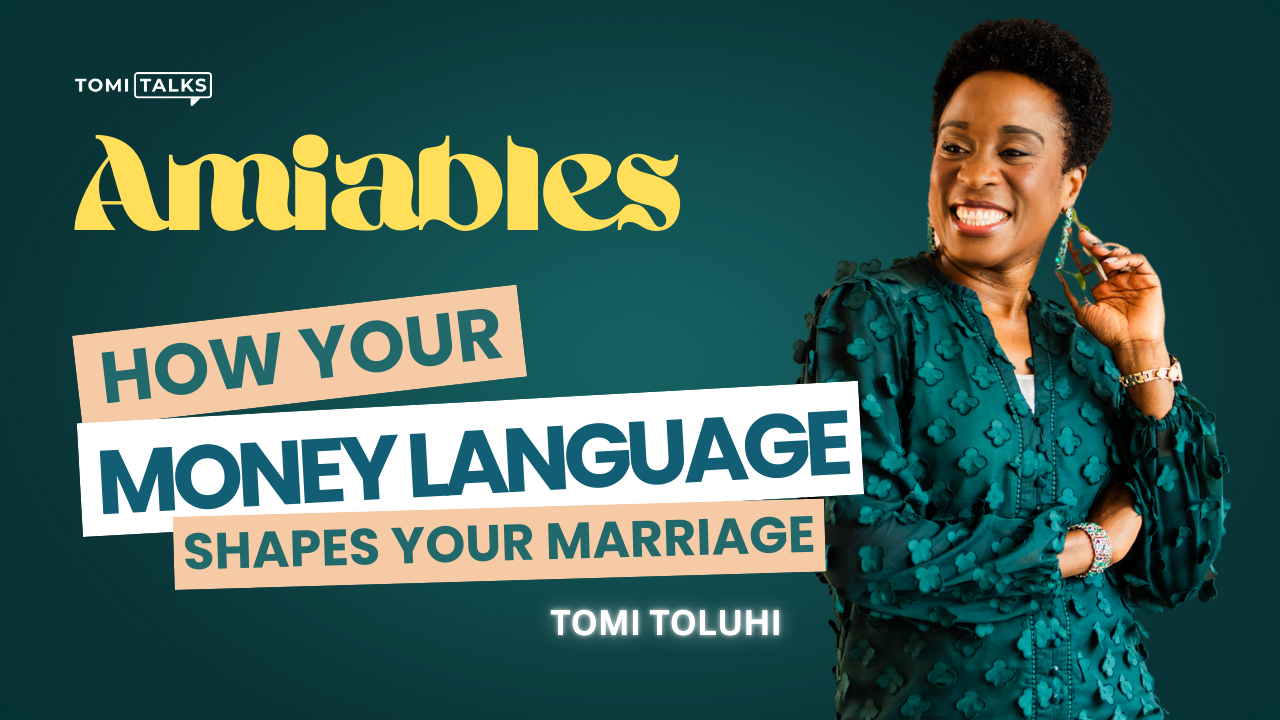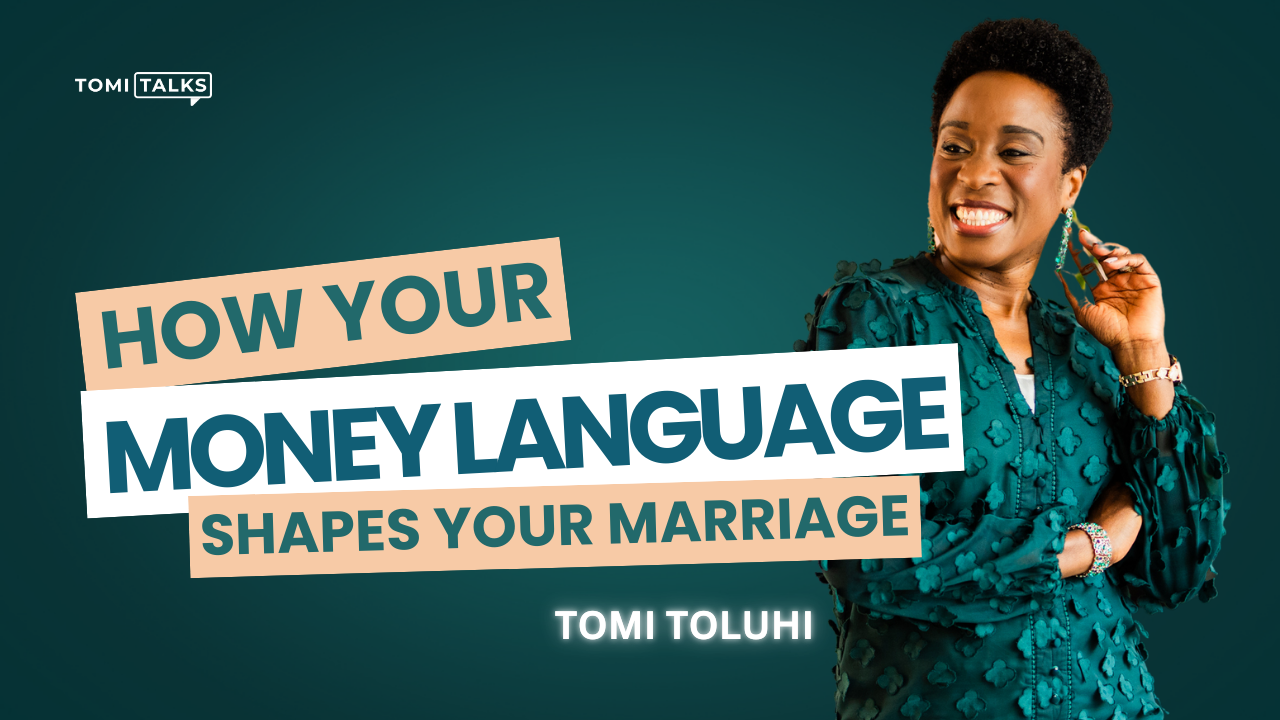How to keep your head when your heart is broken
Heartbreak is the other side of romance that nothing in this world can prepare you for. Perhaps you’re thinking, ‘been there, done that and won’t be loving anyone ever again if I can help it’. You can identify because it happened to you…perhaps not too long ago. All that remains of a once vibrant relationship is a wound, a scar, and fragments of memories that remind you of what once was. Depression hits you like a ten-tonne truck. It’s a painful place to be, mourning the demise of what might have been…the death of a future with someone you loved and lost. Nobody ever plans for heartbreak. Rejection hurts big time. People tell you to get over it, but you are left wondering, ‘How?’ The pain is so real; it keeps you up at night wondering what you could have done differently.
Here’s how to rise above heartbreak and make your way back to full recovery.
Put your pain into perspective
One of the characteristics of pain is its capacity to blind us to the truth. Blinding pain can be so absorbing that everything else pales in significance. Emotional pain is exacerbated by the way we view our experiences. Perspective is everything. How we interpret our situation is infinitely more important than the situation in which we find ourselves. Sometimes we feel that if we can only understand, then we can survive. We ask ourselves all sorts of questions: ‘Why?’ , ‘Why me?’ , and ‘Why now? We need to be careful about the self-talk that occurs in our heads as we attempt to process our pain because the meaning which we attach to our pain and how we interpret it makes the difference between drowning in it and rising above it.
Don’t build a temple to house your pain
Heartbreak hurts; it hurts badly. Anyone who claims it doesn’t is in denial. However, heartbreak is not meant to hurt forever. A broken limb hurts for a while to tell you that you need to take steps to gain healing. Pain continues indefinitely only when the process of healing has been interfered with. The pain of heartbreak can only continue indefinitely when you build a temple at that place in your life’s journey and refuse to move on. Bitter people are constantly making pilgrimages back to the place in their past where someone hurt them. Every subsequent relationship they have is tainted by their pain because they try to make the next person pay off someone else’s debt. Bitterness is a costly luxury you cannot afford because God’s forgiveness extended towards us is contingent upon our willingness to extend forgiveness to others. Forgive if you really want to move on.
Don’t make a memorial of your mistakes
Potentially one of the most difficult tasks we face as human beings is forgiving ourselves when we trip up, especially when we make mistakes that cost us something precious. We rehash our failures and ponder our missteps, wondering how we could have been so stupid. Perhaps you made mistakes in your relationship which you believe led to its failure. Or maybe you feel like you have failed God because of the way you conducted yourself in that relationship. Self-forgiveness is difficult but it is essential in finding healing for our hearts. God has no difficulty forgiving you but the evidence that you have truly received His forgiveness is when you have truly forgiven yourself. We make ourselves more righteous than God when we refuse to forgive ourselves for what He has so graciously forgiven.
Find your healing in helping others
Selflessness is therapeutic to the human heart. When we sow healing into someone else’s life, we reap healing in ours and receive power in our souls to rise above depression. When we can’t see beyond our own pain, we miss out on opportunities to minister healing to others. There is someone within your sphere of influence who would benefit from a kind word, a helping hand or even a shoulder to cry on. The broken truly become masters at mending. Don’t waste your pain. Reach out and become God’s instrument of healing today. In his book, Abba’s Child: The cry of the heart for intimate belonging , Brennan Manning points out that ‘In a futile attempt to erase our past, we deprive the community of our healing gift. If we conceal our wounds out of fear and shame, our inner darkness can neither be illuminated nor become a light for others.’ Joy will return to your soul when you begin to actively seek the happiness of others. What you have been through qualifies you to minister encouragement to others who are going through the same thing.
P.S. Be an agent of healing and share this article with someone who needs it.
